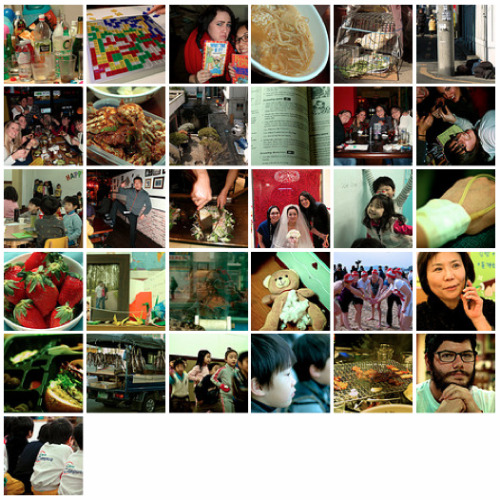Education in the news
This time I’m not apologizing for the weak content but rather for storing links I want to check out more fully when I return to my own computer. I guess these links seem important to me so I am attempting to provide value in my posts. The content is good, but it is not mine and I cannot comment fully upon it.
Scientific American describes instances of under and over education. Or, about cowardly teachers and insufficiently attentive teachers: American biology teachers are avoiding evolution content and French teachers are making GMOs.
Regarding the former link, in which some teachers simply gloss over or skip content, I wonder if we ESL teachers do the same with cursing and the like. The closest I get to teaching ‘forbidden English’ is to explain what gee or gosh or dang really mean – I use the example, excellent in Korea, of stubbing my toe and saying “18″. Oh, that and telling the students with “Fuck” on their shirt to put their coat on over it and not bring it back to my class.
Shelly Terrell is encouraging educators to set 30 new goals for themselves in an effort to keep up with technological changes and changes in teaching theory – a way of keeping yourself current. Teach Paperless confirms that technology will change and discusses what we can do with it.
Kalinago has a post describing how she became an ESL teacher and Scott Thornbury wonders if ESL education is a profession. My own path to ESL was a winding one and I still struggle to be a professional so I hope to read these soon.
Finally, some amusing news on the same level as finding that a fortune telling class has been canceled due to unforeseen circumstances, we learn that a class on weather has been canceled due to bad weather. Via Boingboing
UPDATED: Testing boosts learning and a two-year-old learns the Periodic Table.
And Learning to learn. Here is an ecxerpt:
Kristin E. Bonnie, an assistant professor of psychology at Beloit College, said that on her tests, she has always let students pick a few questions on the multiple-choice portion (say 3 of 25) that won’t be graded. It’s a way to show students that she understands they may not grasp everything right away.
In the past, she just let students cross out the questions they didn’t want to answer. Now, she makes them answer all the questions — and to exempt a question from grading, students must pick from a list she provides of the reasons they are selecting that question. Students choose from options such as “I don’t remember the material” or “I was able to narrow it down to two possibilities, but not one” or “I didn’t study” or “I’m not confident of my answer,” among others.
The idea is to make students think for just a minute about why they don’t know an answer (or don’t know it with confidence).
In another metacognition strategy, students are asked, after they take exams and then when they receive their grades, to take a few moments for reflection and to answer such questions as how much they studied, how they studied, and so forth. Those reflections can be anonymous — understandable, Bonnie said, when she reads a reflection that states simply “there wasn’t a whole lot of studying going on” (although she quipped that she had a good idea who wrote that response).
By forcing students to stop for a few minutes and associate their study habits with their exam performance, and to think about why they don’t know an answer, the academics hope to change students’ habits — to encourage them to figure out what they don’t know and to study in more effective ways (and more). “We want those who are not doing well to think about it,” Bonnie said.





 RSS Feed
RSS Feed
 …I’m sure
…I’m sure 



 It’s hard to believe, but Thai university students actually wear uniforms in
It’s hard to believe, but Thai university students actually wear uniforms in 

Recent comments